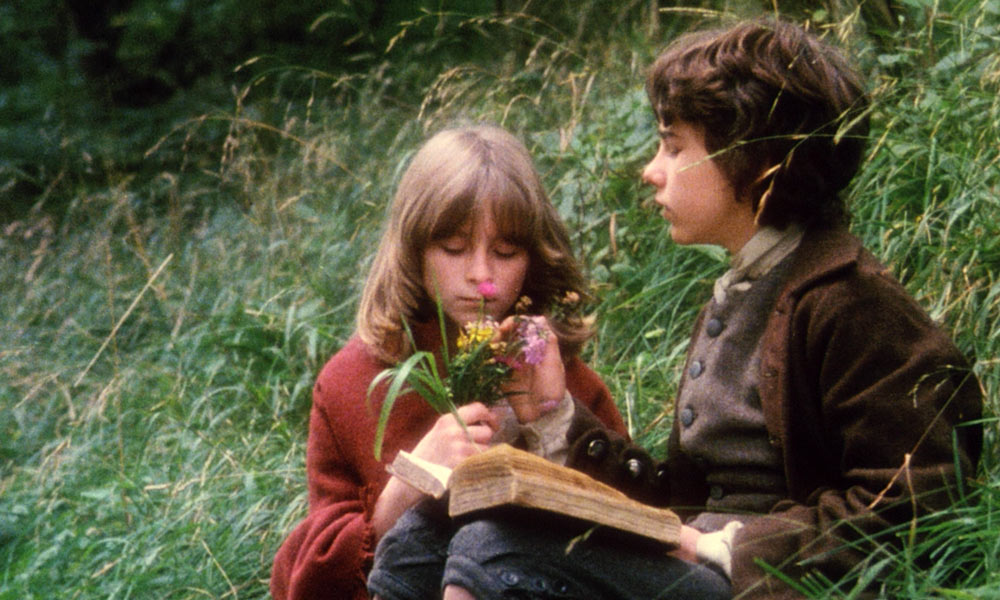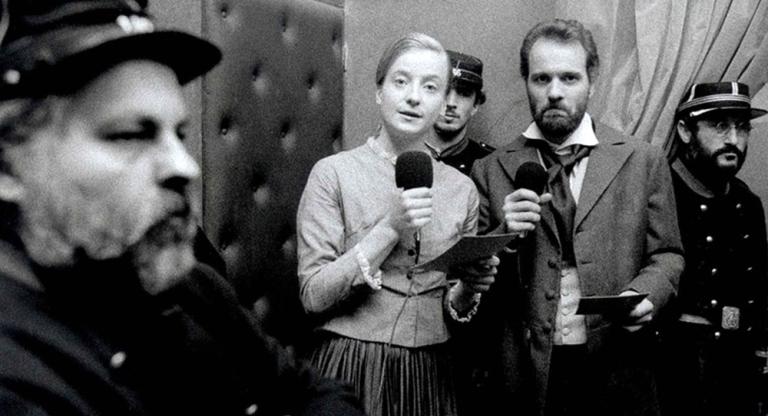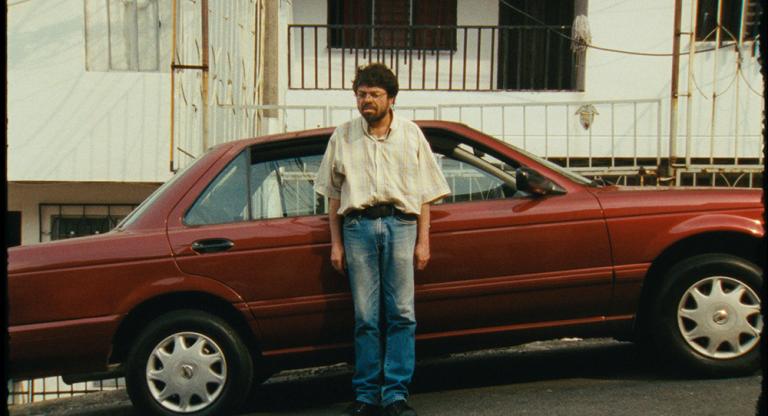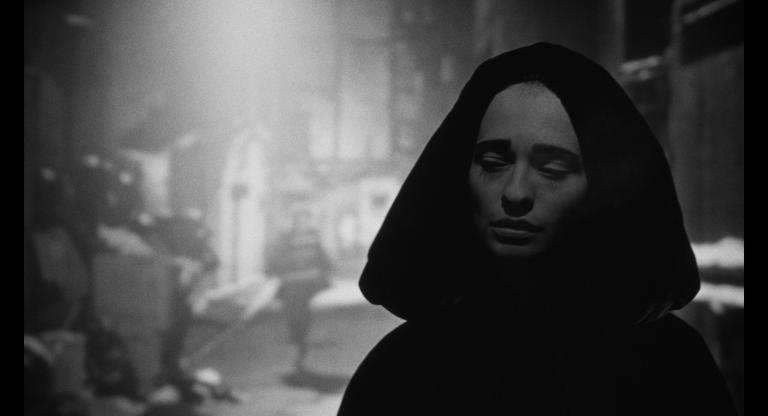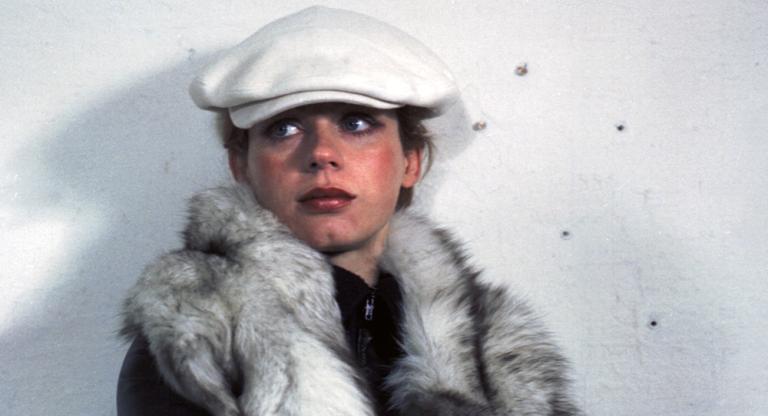Ken Loach’s turn from television to theatrical filmmaking at the start of the 1970s did not prove to be a boon for his career. Although Kes is one of the most acclaimed British films ever made, and Family Life matches its quality, Loach wouldn’t get a chance to make a third movie for the big screen until 1979. Black Jack, based on a 1969 Leon Garfield novel, looks back on rural Britain in 1750. As a period piece, it stands out in Loach’s filmography, but its unsentimental — even brutal — view of childhood picks up exactly where Kes left off.
Twelve-year-old Tolly (Stephen Hirst) works for a draper who secretly sells corpses to a medical college. When one body improbably springs back to life, the boy teams up with the survivor (Jean Fronval), a Frenchman who calls himself Black Jack and explains that he lived through a hanging. Together, they travel around England selling fraudulent cures at fairs. Tolly meets Belle (Louise Cooper), a runaway from the mental institution her father unjustly condemned her to, and the two fall in love. She joins this odd couple on the road, and Tolly spends the rest of the film persuading her that she’s not really insane.
Cinematographer Chris Menges (who had previously worked on Kes) shot Black Jack, giving it a wintry look. The exteriors look singularly uninviting, and even the brightest colors are toned way down. To achieve a genuine 18th-century feel, the images are often lit only with candlelight. The production design and costumes are similarly gritty. As was his habit, Loach directed non-professional actors speaking in thick accents that sound muddy to this American. The audio recording itself sounds slightly muffled, so Criterion’s English subtitles are helpful.
One could say that the film depicts Tolly losing his innocence and growing disenchanted, but the world of Black Jack is brutal and less-than-enchanted to begin with. The film is akin to the bleak morality plays of Bresson’s Mouchette and Au hazard Balthasar but replaces their Christian parabolic stylization with a grounding in neo-realism and documentary.
The most distinctive aspect of Black Jack is how it attempts to capture awful events through a child’s perspective. Tolly approaches horrifying experiences, like preparing corpses for the black market, with almost dissociative matter-of-factness, because it’s the only way of getting through life. Loach portrays George II’s England from the absolute bottom of its class structure, and, in so doing, communicates an almost transhistorical sympathy with the dispossessed.
Black Jack is now streaming on the Criterion Channel.
